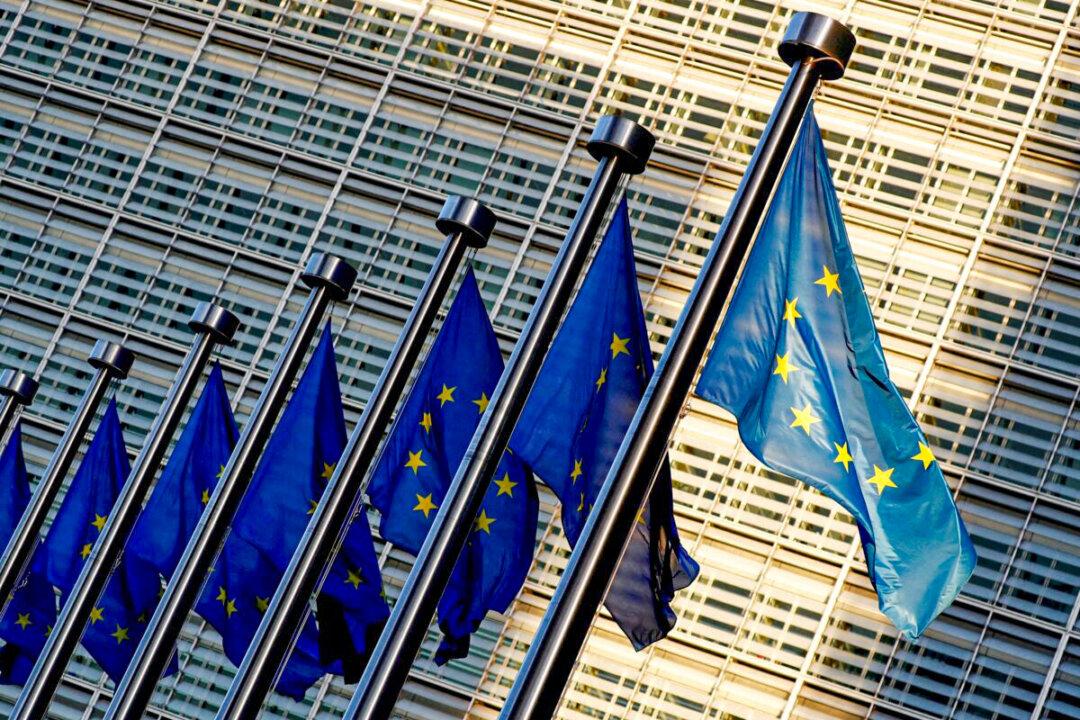PARIS—The European Union has agreed further sanctions over Russia’s invasion of Ukraine that will hit Russian officials and oligarchs, the maritime sector and three Belarusian banks, France said on Wednesday.
The new measures will be formally endorsed by leaders of the bloc’s 27 member states at a summit in Versailles, France, later this week. Reuters revealed the substance of the sanctions as they were being prepared on Tuesday, and France announced the approval by member state envoys in a series of tweets in its role as current president of the EU.





